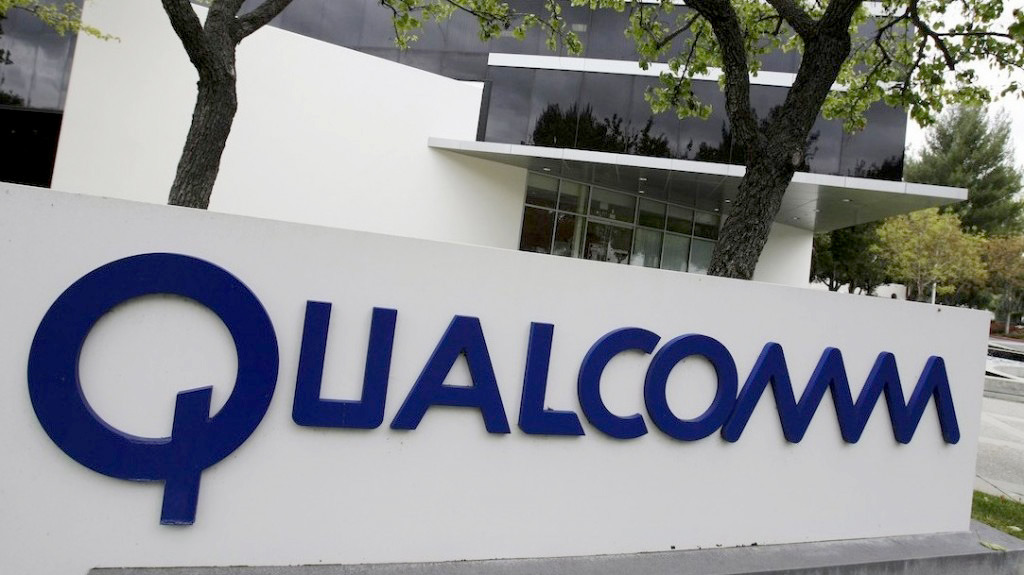A U.S. Federal Trade Commission lawsuit leveled against Qualcomm before the start of a separate case by Apple can continue in spite of overtures for a dismissal from the chipmaker, a California court ruled this week.
District Judge Lucy Koh has rejected a Qualcomm motion to dismiss the FTC action, Reuters said on Tuesday. Like Apple, the FTC has accused Qualcomm of anticompetitive behavior in demanding that clients buying broadband chips also pay for patent licenses. The firm has simultaneously refused to issue licenses to rivals, the FTC said.
In filing to dismiss, Qualcomm argued that even thought the FTC's charges were completely true, they didn't represent wrongdoing. Koh specifically rejected that view in her ruling.
A dismissal was also opposed by Intel and Samsung, which earlier submitted amicus briefs on the matter.
The Apple lawsuit, which has yet to go to trial, additionally charges Qualcomm of withholding nearly $1 billion in rebates in retaliation for cooperating with a South Korean antitrust probe. The battle between the two companies has gradually escalated, with Qualcomm filing a countersuit in April, and Apple suppliers withholding royalty payments, presumably missing compensation their client would normally offer.
Despite the ongoing legal action, Apple is expected to use a split of Intel and Qualcomm modems for this year's "iPhone 8."
 Roger Fingas
Roger Fingas








 Charles Martin
Charles Martin
 Christine McKee
Christine McKee
 Wesley Hilliard
Wesley Hilliard
 Malcolm Owen
Malcolm Owen
 Andrew Orr
Andrew Orr
 William Gallagher
William Gallagher
 Sponsored Content
Sponsored Content







9 Comments
Oh, jeez... Not Judge Koh again.
Actually Qualcomm is in deep doo; she is a friend of Samsung. Qualcomm pretty much has zero chance of being victorious in my opinion.
Judge Koh is like a bad habit that one can't kick. It pained me to see her name in another article.
For the "oh no Koh" crowd: there are a limited number of judges at the federal level for that part of California, and even fewer with ANY tech understanding at all. You can argue about Judge Koh's opinions and methods all you like, but IIRC she's one of only four judges that even COULD have gotten this case at this level. And for the record, she didn't come off as a particular "friend of Samsung" to me (a reporter covering those cases for years) during the Apple-Samsung trials. Now Judge Cote in the e-book trial, on the other hand ... Anyway, the fact that the FTC thinks Qualcomm is guilty of the described behaviour, and Qualcomm *has admitted it is,* lends tremendous credence to Apple's case against Qualcomm as well (I was keeping an open mind on the whole thing, but Qualcomm is seriously attempting "the Trump defense" of simply claiming that the law doesn't apply to them/it's not illegal if they do it), and I'll be very surprised if Qualcomm wins this case at any level.